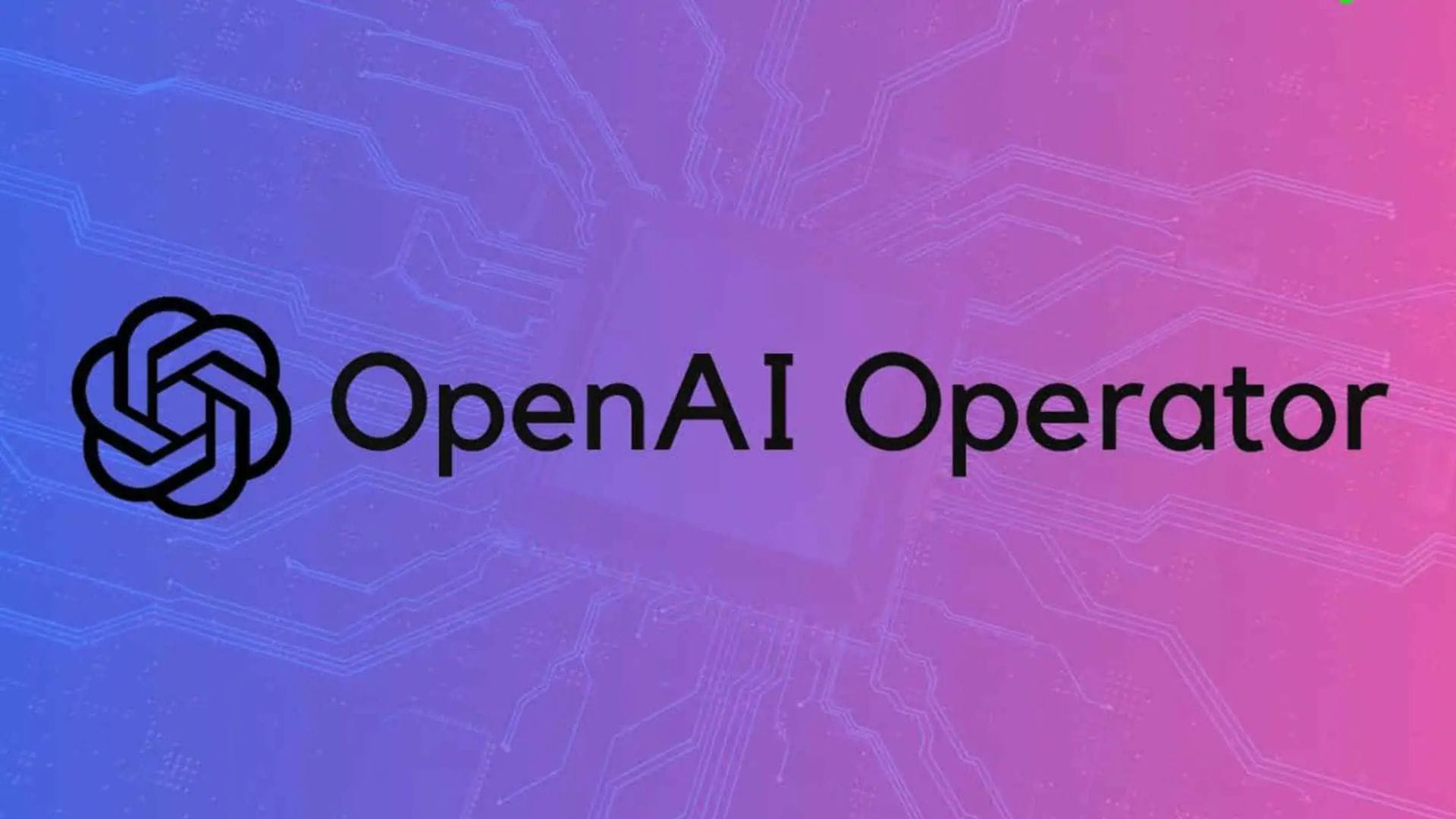OpenAI updates Operator with improved o3-based AI model
OpenAI upgrades its Operator AI agent with a smarter, safer o3 model, boosting performance and reducing security risks.

OpenAI is rolling out a major upgrade to Operator, its AI-powered agent that can browse the internet and work with software in a virtual environment to complete your requests. The update introduces a new model, o3 Operator, which is based on one of OpenAI’s latest o series of reasoning-focused models.
Table Of Content
Previously, Operator used a custom version of GPT-4o. With the switch to o3, you’ll likely see better performance, especially in tasks involving logic, problem-solving, and maths.
Operator gets a smarter brain
If you’ve used Operator before, you may have noticed it could already handle fairly complex tasks. But this new model takes things further. According to OpenAI, o3 Operator was trained with more safety-focused data to help it make better choices when dealing with sensitive information or tasks that might not be appropriate.
OpenAI shared in a recent blog post: “We are replacing the existing GPT‑4o-based model for Operator with a version based on OpenAI o3. The API version [of Operator] will remain based on 4o.” This means if you’re using Operator directly, you’ll experience the new model, but nothing changes just yet if you’re using the API version.
o3 Operator has been fine-tuned to better understand what it should and shouldn’t do. It’s less likely to follow through on harmful or questionable prompts and more resistant to prompt injection attacks, where someone tries to manipulate the AI by feeding it carefully crafted input.
Safety comes first
One key area OpenAI focused on with o3 Operator is safety. The model was trained using special datasets that help it know when to ask for confirmation before taking action or when to say no. This is part of OpenAI’s layered approach to keeping its AI systems responsible and secure.
OpenAI released a technical report outlining o3 Operator’s safety performance. It shows that the model is less likely than its predecessor to perform risky tasks, like looking up personal data or responding to shady instructions. However, while o3 Operator inherits the coding abilities of the original o3 model, it doesn’t have direct access to a coding environment or terminal, which helps reduce the risk of misuse.
A growing field of smart AI agents
Operator isn’t the only tool of its kind. AI companies are racing to create agents that can handle real-world tasks with little to no supervision. Google’s Gemini API includes a “computer use” agent that browses the web and interacts with software, along with a more user-friendly version called Mariner. Anthropic’s AI models can also manage tasks like opening files and navigating websites.
With o3 Operator, OpenAI is stepping up, offering a more advanced and thoughtful assistant that can carry out tasks more safely and with greater reasoning ability.
As the tech world continues to push forward, we’ll likely see even more powerful AI agents in the near future—designed not only to help with your daily tasks but to do so responsibly.
















